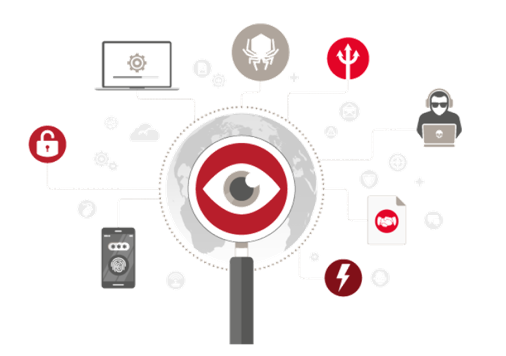We are pleased to present our Report for Ukraine, which is based on the results of the Global Economic Crime and Fraud Survey 2018, one of the premier thought leadership publications on economic crime and fraud in the business world.
This is the ninth time the Global Economic Crime and Fraud Survey has been prepared with over 7,000 respondents from 123 countries contributing to the survey results.
The survey has been carried out biennially in Ukraine since 2009 and this has allowed us to observe trends of the most common types of fraud and its impact on Ukrainian organisations, as well a oversee changes in fraud prevention efforts taken by organisations.

Contact us

Marcin Klimczak
Partner, Forensic Leader, PwC Poland, Ukraine and the Baltics
Tel: +48 227 464 087

Andriy Tretyak
Director, Forensic and Financial Crime Leader, PwC in Ukraine
Tel: +380 44 354 0404











